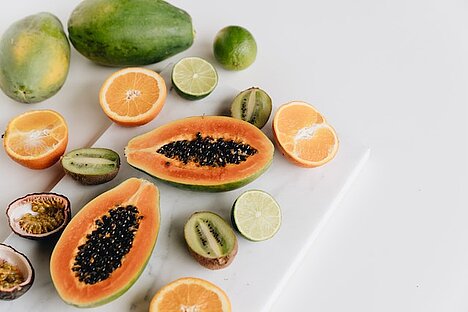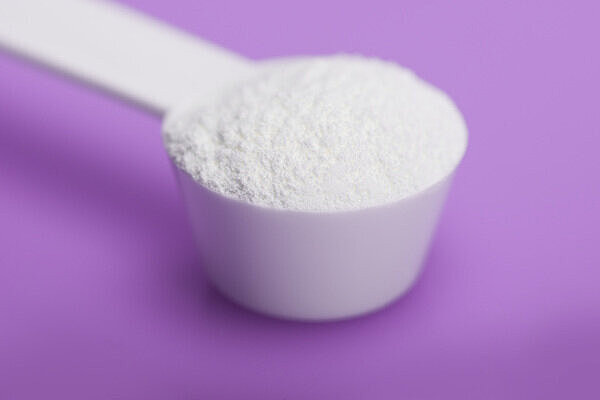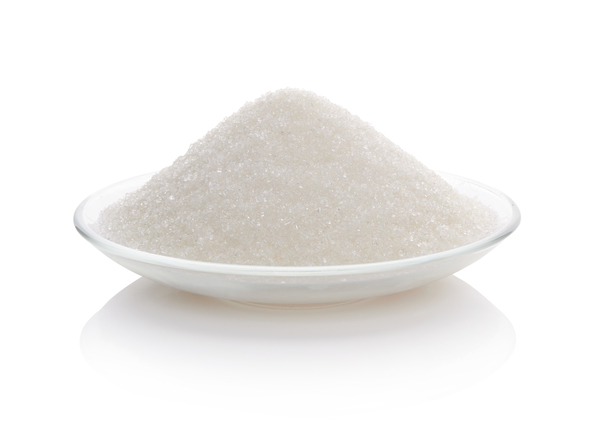Fructose

What is fructose?
Fructose is a carbohydrate that is an important source of energy for the body. It is absorbed in the small intestine and enters the bloodstream. There it is either consumed directly or stored in the liver.
Benefits of fructose for dogs
Fructose has several benefits for dogs.
- Firstly, it can stabilize blood sugar levels as it enters the bloodstream more slowly than other types of sugar.
- Secondly, it can improve the taste and acceptance of dog food, as many dogs like sweet food.
Fructose can also be a good addition to dog food in small quantities if your dog is given fresh fruit or vegetables. In addition to fructose, these also contain lots of vitamins, minerals and fiber, which are good for your dog's health.
Disadvantages of fructose for dogs
However, fructose also has some disadvantages for dogs.
- On the one hand, it can lead to obesity if consumed in excess, as it contains a lot of calories and puts a strain on the liver.
- Secondly, it can cause digestive problems such as flatulence or diarrhea in some dogs, as their pancreas has difficulty digesting fructose.
You should also make sure that your dog is not given sugar substitutes such as xylitol. This substance is life-threatening for dogs. It tricks the body into believing that it has a high sugar intake and triggers strong insulin production. This leads to life-threatening hypoglycemia in dogs.
How much fructose can my dog eat?
There is no precise recommendation as to how much fructose your dog can eat. It depends on various factors, such as your dog's age, weight and activity level.
In general, however, less is more. You should not give your dog too much high-fructose fruit or vegetables and make sure that his main food does not contain too much sugar.
It therefore makes sense to create an individual ration to take your dog's nutritional requirements into account.
Fructose is a natural fruit sugar that can be healthy for your dog in small amounts. But you shouldn't overdo it and pay attention to the quality of the food.
Properties 3
Are you looking for other ingredients with a specific property?
Just click on them to find more.
If you notice any signs of hypersensitivity or poisoning in your dog, you should see your vet immediately. We are not a substitute for a vet, but we try to be as accurate as possible. Every dog reacts differently and we recommend you get a second opinion or consult your vet if in doubt.
Stay healthy and take good care of your four-legged friend!😊
Similar to Fructose
Glucose is a monosaccharide, i.e. a simple sugar. It consists of a ring of six carbon atoms to which hydrogen and oxygen atoms are attached. Glucose is the most common sugar in nature and is found...
Sucrose itself is not toxic to dogs, but it can lead to various health problems if fed in excessive quantities. These include: Tooth decay: sucrose encourages the growth of bacteria in the mouth,...
Maltose is a source of carbohydrates that dogs can use for energy. However, maltose should only be fed in moderation, as too much sugar can lead to obesity, diabetes or tooth decay. Maltose can also...
Lactose is a so-called disaccharide, i.e. it consists of two simple sugars: glucose and galactose. In order to digest lactose, the body needs the enzyme lactase, which splits the lactose into its...



